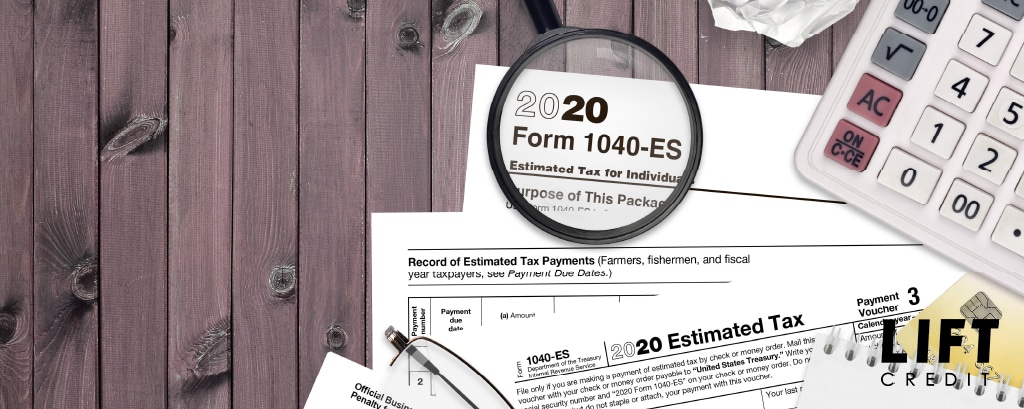There’s nothing like waiting until the last minute, especially when you’re trying to avoid an unpleasant task. We’ve all procrastinated on something important. But waiting until the night of April 14 to file your taxes isn’t a great idea. Choosing to file taxes early instead can have some major benefits, while filing late might leave you scrambling.
You might wonder how early you can file taxes, and why it is worth it to make the effort. There’s no time like the present to get something done. Let’s take a look at the benefits of filing your taxes early, and the recommended time frame for getting everything done.
Benefits of Choosing to File Taxes Early
1. Quicker Refund
The sooner you file your taxes, the quicker you’ll get your refund back. Each paycheck, employers remove a portion of your earnings for tax purposes. After you file your taxes and claim your deductions, the IRS may owe you a refund.
If you file electronically, your refund will be deposited directly into your bank account in about three weeks. If you fill out a paper return and mail it in, the refund will take six to eight weeks from when the IRS receives your return. If you’re short on cash, a quicker refund is a huge help.
2. Eliminate Stress
There’s nothing quite like the stress of a looming deadline. Maybe you’ve felt that way when a paper or big test was approaching in high school or when you’ve had to prepare for a stressful meeting or project at work.
Similarly, filing your taxes is not a fun or easy process, and many people put it off because they dread doing it. There’s only one way to eliminate the stress of an unpleasant task: get it done early! Once you’ve got your taxes filed and out of the way, you can rest easy once again.
Plus, gathering up the needed documents and filling out tax forms can take hours. Waiting until the last minute leaves you with less time to get everything done, which piles on the stress—on top of everything else you have going on. Giving yourself a head start means less stress while you’re filing and more time to research any answers to your questions you need.
3. More Time to Pay Owed Taxes
If you end up owing taxes and file in January, your balance isn’t due until the tax deadline in mid-April. This gives you a few months to get organized, find out what you owe, and make arrangements to set aside cash to pay.
In contrast, if you wait until the last minute to file and need an extension then, the deadline for paying owed taxes doesn’t change. This means that in addition to the taxes you owe, you’ll probably have to pay fines and penalties.
4. Get Organized for the New Year
A big part of filing taxes is gathering up your tax documents and reviewing your financial situation. Getting this done in January can set you up for success and awareness of your situation the whole year through. It can help you set savings and earnings goals and get your documents organized for a big financial change, such as returning to college or buying a home.
How Early Can You File Taxes in 2020?
Your employers are required to distribute your W-2 by January 31, and many employers may send these documents out earlier. Your tax documents will outline your earnings for 2019. Once you have these documents in hand, you are ready to file your taxes. In 2020, the IRS began accepting tax filings on January 27.
A nice tax refund is always welcome if you’re short on cash, and it can hit your bank account sooner if you decide to file taxes early. If you’re looking for other ways to get extra money for bills and expenses fast or can’t wait until you get your refund, apply for a personal loan now.









